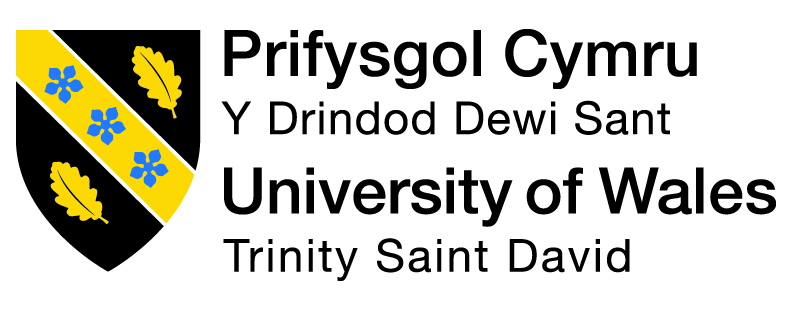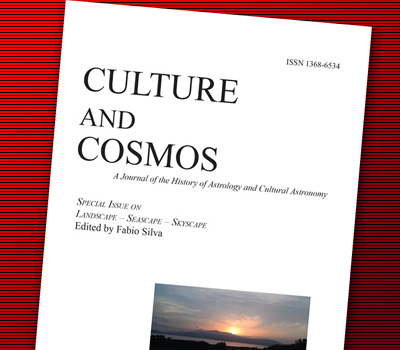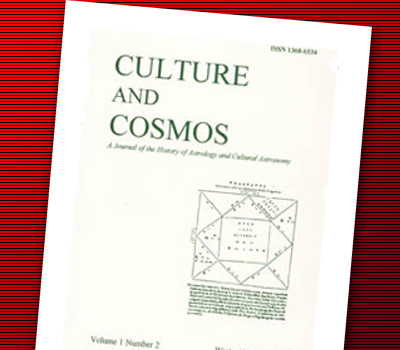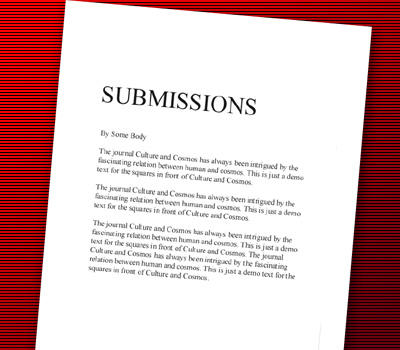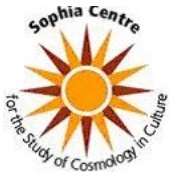We are currently seeking submissions for future volumes of Culture and Cosmos.
Volume 18
Celestial Art: An Interview with Geoff MacEwan
Nicholas Campion
Abstract
September 2015 sees the next exhibition at the Joan Oliver 'Maneu' Galeria d'Art in Palma, Mallorca, of work by Geoff MacEwan, one of the most important British artists working in Spain. The exhibition will coincide with the annual "Nit de l'Art", a major event in the Spanish artistic calendar. MacEwan has lived on the island of Mallorca since 1991, and shuttles back and forth between the UK and his Mediterranean home. He originally settled on the island when a fellowship from the Miró Foundation enabled him to work with Joan Barbera, Joan Miró's printmaker.
MacEwan's work is held in many public and private collections including The National Gallery of Modern Art in Edinburgh, the Fundació Joan Miro in Palma de Mallorca and the Contemporary Prints Department in The Victoria and Albert Museum in London.
I interviewed MacEwan in 2014 in his home in Soller, Mallorca, following the exhibition of his work at the Christ Church Picture Gallery in Oxford from 12 March to 5 May 2014. The exhibition was timed to coincide with the city's annual Times Literary Festival, and featured twenty-seven out of a total of forty-four prints inspired by Dante's Divine Comedy. As the exhibition notes told us, "Dante's Divine Comedy has inspired artists for centuries; among them the British artist Geoff MacEwan, whose abstract visual interpretation of the text invites us to look and read again".[1]
Dante's Divine Comedy occupies a midway point in western thought between the soul's ascent to the stars poetically described in Plato's Republic, and modern celestial journey literature from Jules Verne to Arthur C. Clarke. All share the proposition that wisdom is to be found in a journey to the stars. There have been several significant visual interpretations of the Divine Comedy, perhaps the most well known being Gustave Doré's. Over the past thirty years MacEwan has given Dante's its most radical, imaginative and impressionistic treatment.
[1] "Inferno - Purgatory - Paradise: Geoff MacEwan interprets Dante's Divine Comedy", Christchurch Picture Gallery, Oxford, 12 March - 5 May 2014, at http://www.chch.ox.ac.uk/gallery/exhibitions/current [accessed 4 June 2014].

